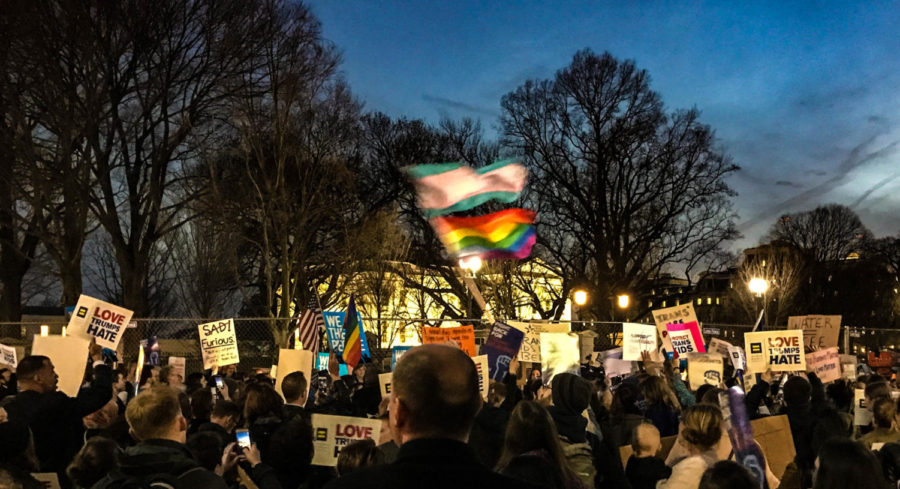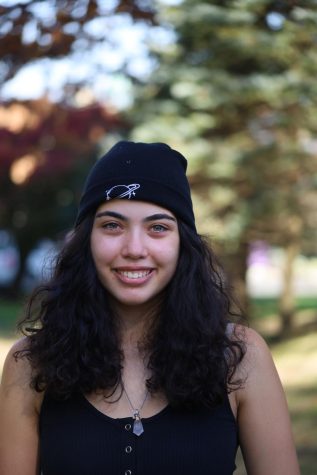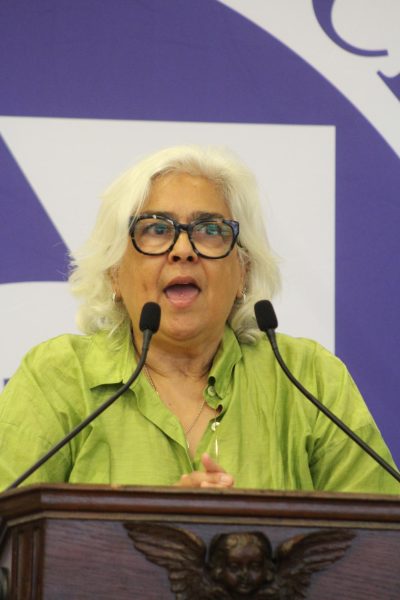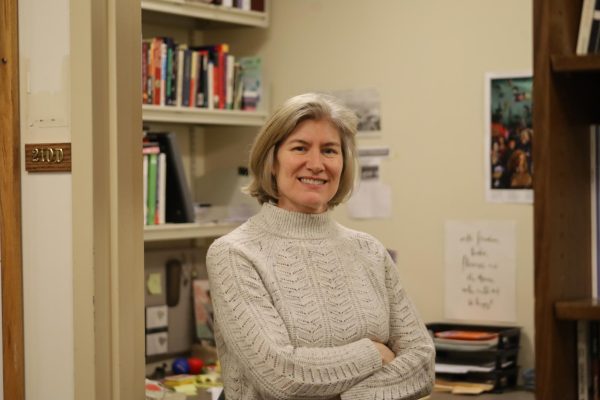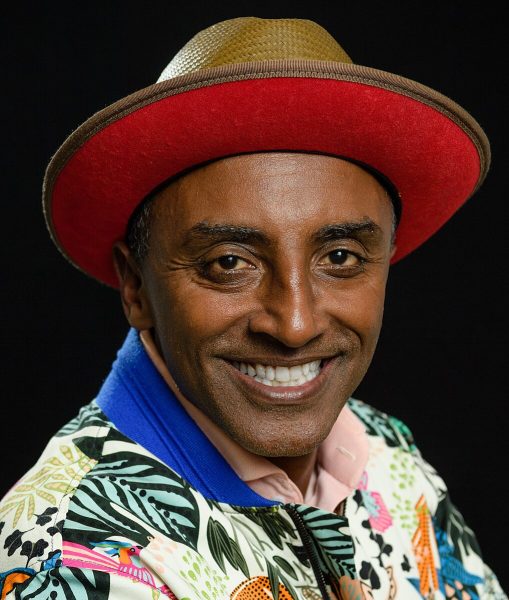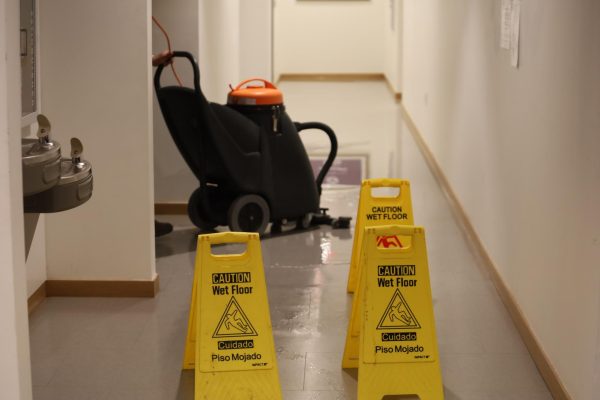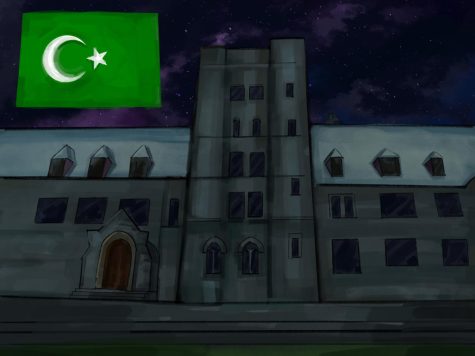“Don’t say gay” bill passes in Florida: students react
Ted Eytan, courtesy of Creative Commons
The “Don’t say gay” bill, which passed in Florida, has been vastly criticized. This bill aims to ban any discussion surrounding LGBTQ+ issues in young students’ classrooms.
April 28, 2022
On March 28, the Florida senate House Bill 1557 for Parental Rights in Education — called the “Don’t Say Gay” bill by opponents — was signed and approved. Among other clauses, this bill bans LGBTQ+ education in public primary schools in the state’s districts for younger children. After winning a Republican-controlled house vote of 69-47 and a senate vote of 22-17, Florida’s Governor Ron DeSantis (R) passed the bill, which is set to take effect on July 1, 2022.
This isn’t the only clause in this bill: other clauses include the prohibition of a school district from maintaining procedures that require school district personnel to withhold information from a parent related to a student’s mental, emotional, or physical health or well-being, implement student support training, adopt procedures to allow parents to file official complaints to the school and much more. But, the ban of LGBTQ+ discussions in the classroom has been the clause that has sparked the most controversy throughout the nation.
Sophomore Willow Maniscalco, who considers herself an LGBTQ+ activist and is a member of the LGBTQ+ community, opposes the “Don’t Say Gay” bill. She believes the bill is hypocritical and has the potential to hurt closeted students.
“As someone who has been outed before, I know from first-hand experience that it’s not fun. So having it being legally required for teachers to out children if the kids come to them in confidence about their personal identity is disgusting to me. You don’t always know the family situation, that kid’s life could be ruined, because they’re queer. They could get kicked out. But these representatives don’t care about that.” Maniscalco said. “Not only that, but we have bigger world issues we should be concerned about. There’s climate change, there is a war going on in Ukraine. But these Floridian Republicans are so dead set on taking away human rights instead of improving humanity as a whole.”
According to the bill’s official summary, this claus of the bill has the intention is to “prohibit classroom instruction on sexual orientation or gender identity in kindergarten through grade 3 or in a manner that is not age-appropriate or developmentally appropriate for students.”
Florida State Representative Joe Harding (R), who first introduced the bill, stated that the bill’s intention is to keep parents “in the know and involved on what’s going on” in an interview with TIME. Harding said, “Creating boundaries at an early age of what is appropriate in our schools, when we are funding our schools, is not hate. It’s actually providing boundaries, and it’s fair to our teachers and our school districts to know what we expect.” Yet many are interpreting the bill’s language as discriminatory towards the LGBTQ+ community, especially queer students, teachers, parents and allies.
Sophomore Chanel Neal, another student who opposes this clause of the bill, echoed Maniscalco’s statements.
Classrooms should be safe spaces, you don’t have a place in the world if you don’t have a place in the classroom. — Chanel Neal
“I think that this bill is a form of discrimination because of the fact that it’s teaching kids that being gay something to be ashamed of, something not to talk about. Classrooms should be safe spaces, you don’t have a place in the world if you don’t have a place in the classroom.”
Sophomore Allison Tarter has worked on a research paper on educational censorship for multiple classes and believes that the majority of parents in support of this bill are also attempting to avoid having their kids learn about homophobia from a young age.
“While I was researching for my paper, I heard so many parents being like ‘I don’t want my kids to grow up hearing about racism and homophobia and get affected by it.’ So they shelter their kids to avoid learning about all of that stuff in hopes that they will grow up ignorant and blissfully unaware about our world’s problems.” Tarter said “But I think that is like the worst possible thing you could do for any child. Pretending that the issues aren’t there won’t make it go away. We need to be talking about topics like this in the classroom.”
This is not the first time in the history of U.S. legislation that we have seen states attempting to limit LGBTQ+ education, specifically in public school classrooms. In Texas, there has been legislation to ban books and novels that discuss race, sexual orientation and gender identity. All over the nation, there have been bills written to prevent transgender youth from competing in sports and to get gender afferming surgeries. And now most recently, this “Don’t Say Gay” bill.



